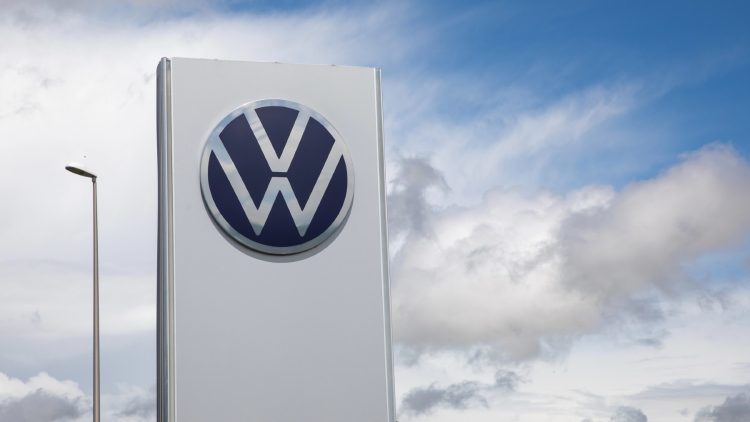VW has delayed its plans to go fully electric in the next decade by investing billions of dollars into existing internal combustion engine technology. This might prove to be a mistake as some leaders around the world discuss banning production of fossil fuel cars due to their effect on the environment. And with new laws being passed almost everyday, things are proving to be challenging.
Can the world leader in car production maintain a balance between past and future?
With VW leading the world in car production, it is easily the go to source in the industry as far as technology related to mass production of cars. With the German Giant buying up almost every conceivable competitor allowed, the amount of resources for research and development at VW is enormous. With the world’s car makers investing most of their budget into electric vehicle technology, the question must be asked, is this the beginning of the end for the traditional petrol-powered car?
With the heads at VW stating at a recent event in Munich that the company would delay its commitment to going all electric this decade and invest a third of its budget into the existing technology powered by fossil fuels. This follows in a similar fashion to other major car makers in the world, as companies like Aston Martin and Bentley pushing back their all electric deadlines as well.
While companies such as Lamborghini and Bugatti are working on alternative options like installing a a fuel station at the owners home or working on Hydrogen powered internal combustion engines.VW seems to be at least partially invested in the past. It must be noted VW has experienced problems recently and need to compensate for the chance things go badly.
Will other carmakers follow in the footsteps of VW and maintain the fossil fuel dependency?
With manufacturers like Ferrari choosing to invest in new technology that would see the internal combustion engine being fueled by synthetic fuels or Hydrogen, at least VW are not the only ones looking to maintain a balance between the past and future. This is understandable as sales of electric cars are not what were expected.
So the car giants of the world appear unafraid to allocate large part of their budget to the pursuit of an alternative future to the one electric cars poses. As the cheap Chinese EV’s are making an impact around the world, VW are aware of the market and are planning a well balanced approach. A total of 196 Billion US Dollars are set aside for research and development for this year and VW have committed a third of that to existing technology.
While still maintaining their electric battery factories in countries like Chile, the amount is considerably more than the car world was expecting at this stage of the game. The popularity of electric cars seem to be wearing off and the buying consumer is looking for more reliable cars for the future. Especially when one considers the undeveloped world does not have the necessary infrastructure for electric cars and might take decades to reach such a environment, a long term plan is needed.
Will the world lean more to trusted technology rather than an uncertain, battery powered future?
With the development of technology of any kind, the industry will experience regular, foreseeable problems and plan accordingly. However, the latest issue facing EV’s and their sales, has led veteran car makers like VW to stay partially focused on the engine of today and how to make it work without damaging the environment for future generations to come.
Without question VW is leader in the industry and the advancement of engineering overall, so a sizeable investment comforts the hearts of those who see the EV as only a fashion item and not a practical form of mobility.

